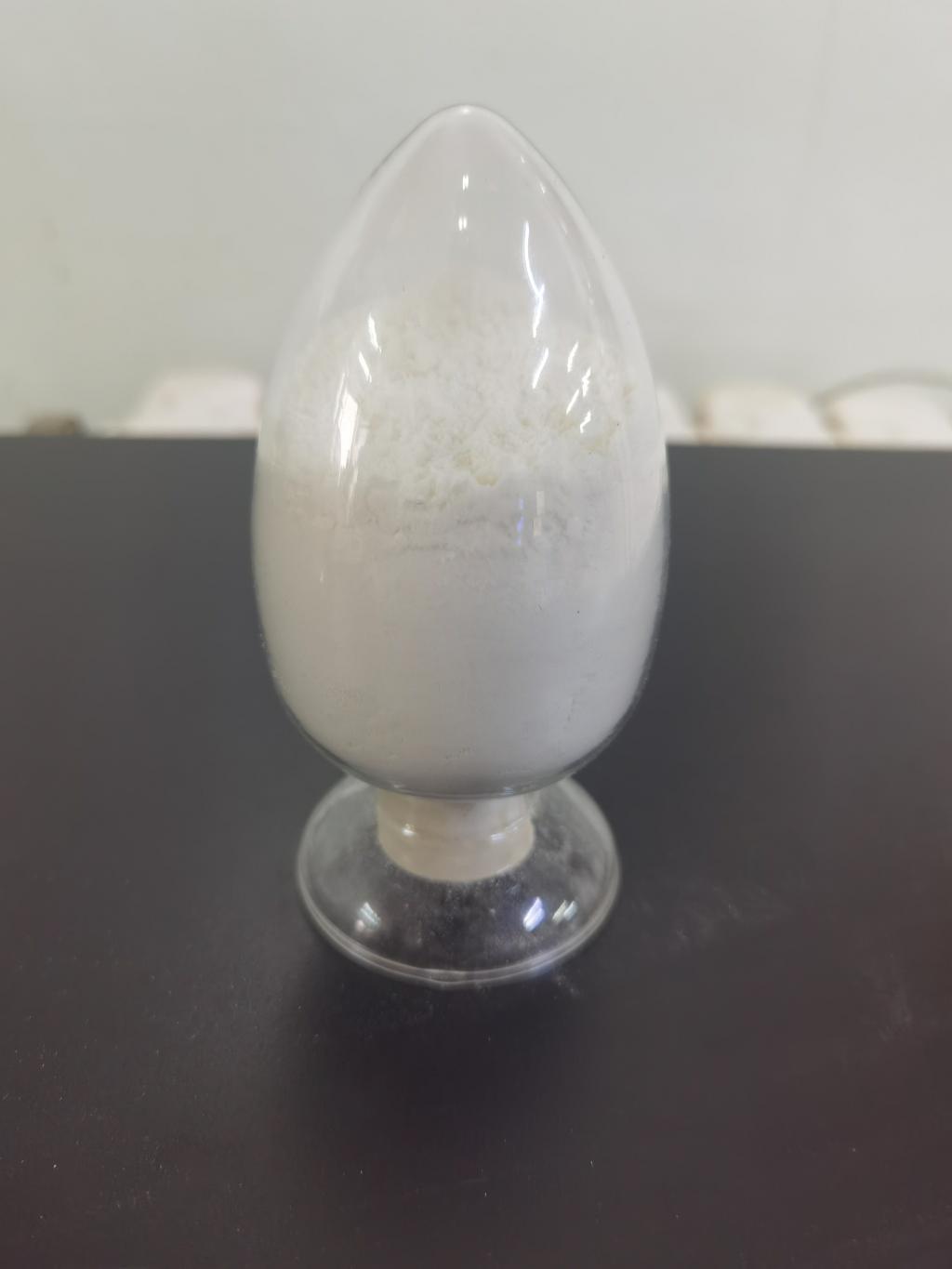Tel:+8618231198596

News
 CONTACT
CONTACT
 CONTACT
CONTACT
- Linkman:Linda Yao
- Tel: +8618231198596
- Email:linda.yao@dcpharma.cn
- Linkman:CHARLES.WANG
- Department:Overseas
- Tel: 0086 0311-85537378 0086 0311-85539701
News
Can ε-Polylysine hydrochloride be used as a natural alternative to synthetic preservatives?
TIME:2023-06-12
Introduction:
Preservatives play a crucial role in the food industry by preventing spoilage, microbial growth, and deterioration of food products. Traditional synthetic preservatives, such as benzoates, sorbates, and sulfites, have been widely used to enhance the shelf life of food. However, the potential health risks associated with these synthetic additives have prompted consumers to seek safer and more natural alternatives.
ε-Polylysine hydrochloride, also known as polylysine, is a natural polypeptide derived from fermentation processes using Streptomyces albulus. This compound exhibits potent antimicrobial properties against a wide range of microorganisms, including bacteria, yeast, and molds. Its effectiveness and safety make it a promising candidate as a natural alternative to synthetic preservatives in food products.
Properties and Mechanism of Action:
ε-Polylysine hydrochloride is a cationic polypeptide composed of lysine monomers linked by peptide bonds. Its structure and charge enable it to interact with the negatively charged microbial cell surfaces, disrupting their integrity and leading to cell death. The mode of action includes membrane permeabilization, inhibition of protein synthesis, and interference with DNA replication.
Unlike synthetic preservatives, ε-Polylysine hydrochloride is biodegradable, non-toxic, and does not accumulate in the environment. It is heat-stable and remains effective over a wide pH range, making it suitable for various food processing conditions.
Applications in Food Preservation:
The antimicrobial activity of ε-Polylysine hydrochloride makes it a versatile preservative in various food products. Some of its key applications include:
Meat and Poultry Products: ε-Polylysine hydrochloride inhibits the growth of spoilage bacteria, such as Pseudomonas and Enterobacteriaceae, in fresh and processed meats. It helps maintain the color, texture, and flavor of these products, thereby extending their shelf life.
Dairy Products: Dairy foods are susceptible to contamination by lactic acid bacteria and molds. The addition of ε-Polylysine hydrochloride can prevent the growth of these microorganisms, ensuring the quality and safety of products like cheese, yogurt, and milk-based desserts.
Baked Goods: Bread, cakes, and other baked goods are prone to fungal growth, affecting their freshness. Incorporating ε-Polylysine hydrochloride inhibits the development of molds, increasing the product's shelf life without compromising its sensory attributes.
Sauces and Dressings: Sauces and dressings often contain high moisture content, making them susceptible to microbial spoilage. By incorporating ε-Polylysine hydrochloride, manufacturers can extend the shelf life of these products while ensuring their safety and quality.
Benefits of ε-Polylysine Hydrochloride:
The use of ε-Polylysine hydrochloride as a natural preservative offers several benefits:
Safety and Consumer Acceptance: As a naturally derived compound, ε-Polylysine hydrochloride has a high level of consumer acceptance. It does not possess the same concerns associated with synthetic preservatives, such as allergic reactions or potential carcinogenicity.
Extended Shelf Life: The antimicrobial activity of ε-Polylysine hydrochloride helps inhibit the growth of spoilage and pathogenic microorganisms, thereby extending the shelf life of food products.
Preservation of Quality: Unlike some traditional preservatives, ε-Polylysine hydrochloride does not alter the taste, aroma, or appearance of food products. It helps maintain the sensory attributes, thereby preserving the quality of the preserved items.
Wide Range of Applications: ε-Polylysine hydrochloride can be incorporated into various food products due to its stability under different processing conditions and pH ranges. Its versatility makes it suitable for a wide range of preservation needs.
Conclusion:
The demand for natural preservatives in the food industry continues to rise, driven by consumer preferences for safer and healthier options. ε-Polylysine hydrochloride presents a natural and effective alternative to synthetic preservatives. Its antimicrobial properties, versatility, and safety make it a valuable tool for enhancing the shelf life and maintaining the quality of food products. Further research and development in the application of ε-Polylysine hydrochloride will contribute to the development of sustainable and safer preservation practices in the food industry.
- Tel:+8618231198596
- Whatsapp:18231198596
- Chat With Skype







